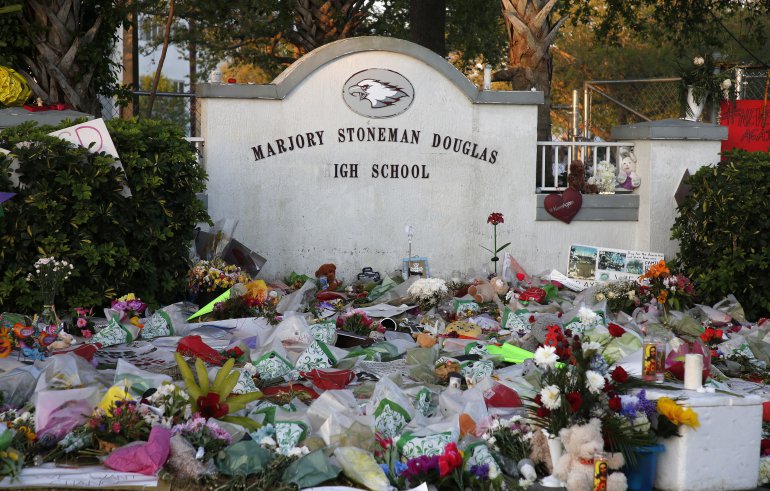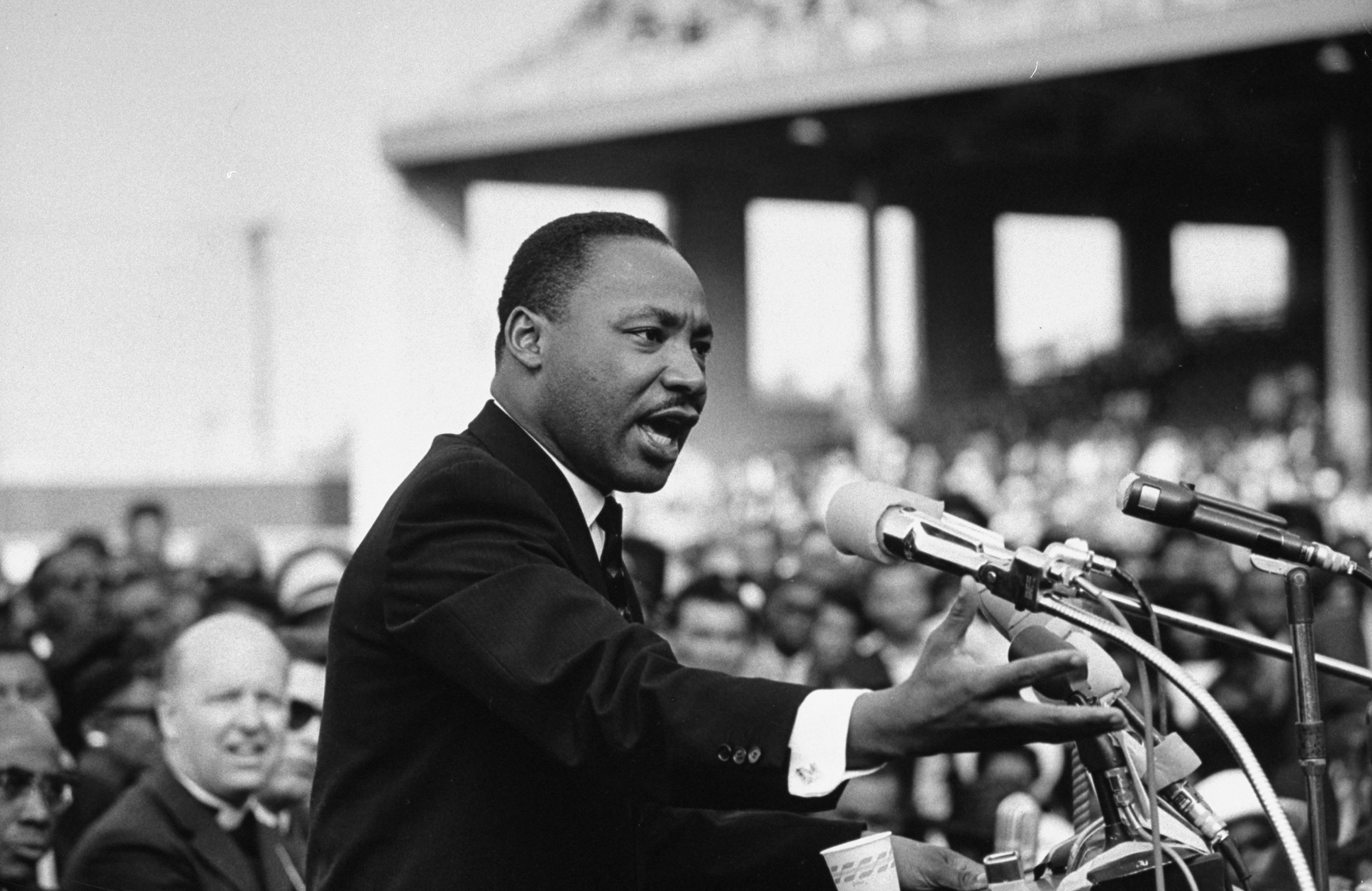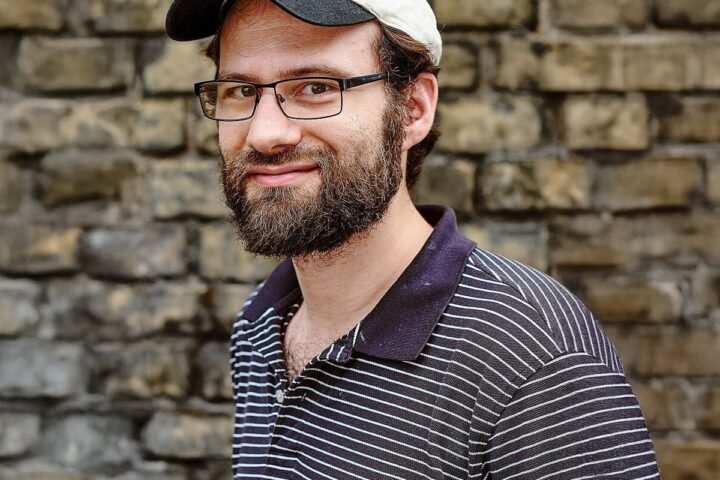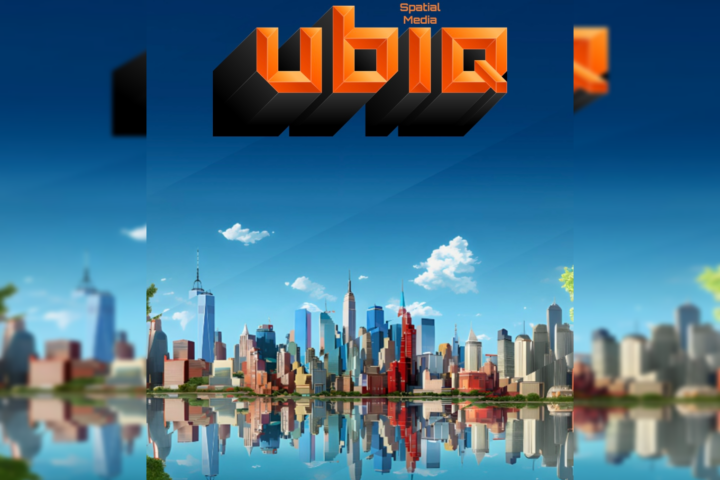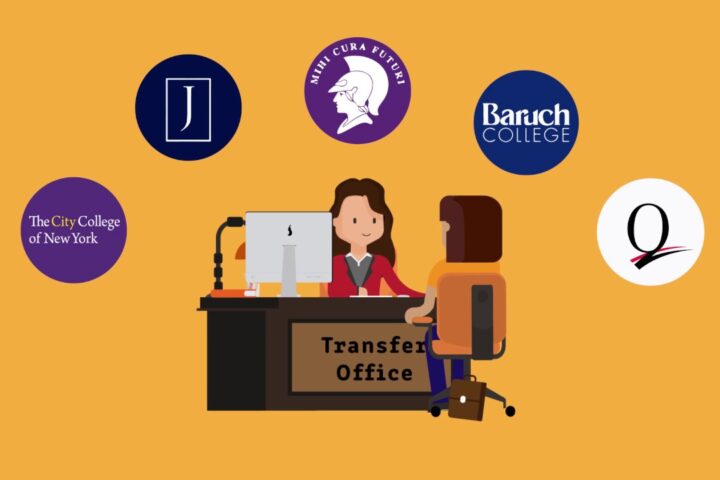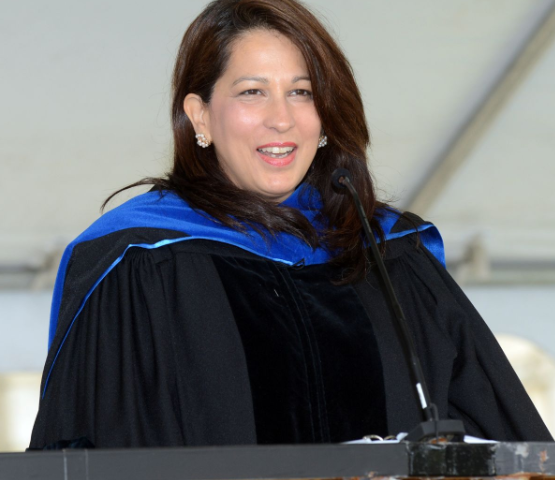By Ameila Inderjeit, Shivaal Sinanan, & Siddharth Malviya
Background
On Wednesday, February 14, a 19 year-old gunman identified as Nikolas Cruz opened gunfire at Marjory Stoneman Douglas High School, in Parkland, Florida. 17 people were murdered, 14 of them students between the ages 14-18–none of them got to walk across the stage for graduation, others didn’t even get a chance to finish their first year of high school. Three teachers who went to school that morning for another day of work lost their lives protecting their students from gunfire.
This is the reality of many high schools in the United States of America. As of March 2, the U.S. has had at least 12 school shootings in 2018, where at least one person was shot (not including shooters), and the shooting occurred on school grounds between kindergarten through college/university level. These incidents also include gang violence, fights and domestic violence, along with the accidental discharge of a firearm.
The shooting shook the Parkland, Florida community, described by their official website as being “a tranquil city nestled in a serene, wooded environment.” However the students from Marjory Stoneman Douglas have fueled the gun-control fight in America with heightened passion, sending waves of demands for regulation throughout the nation.
From a rally in Parkland for gun control to a CNN Town Hall with Senators Marco Rubio, Bill Nelson, and NRA spokesperson Dana Loesch–here is the story of the teenagers in Florida, who are making more political moves than politicians themselves.
Townhall
On Wednesday, February 21, CNN hosted a town hall in Sunrise, Florida titled “Stand Up: The Students of Stoneman Douglas Demand Action.” The survivors, who included students and teachers along with parents whose children lost their lives in the shooting, were able to address and question Florida Senators Marco Rubio and Bill Nelson and Florida Democratic Representative Ted Deutch.
Rep. Deutch opened the town hall, calling for action by our government, stating, “A lot of people have told this community, people from all around the world, that it’s too soon — it’s too soon to get together to have this kind of forum…it is not — it is not too soon; it is too late for the 17 lives that are lost.”
Deutch added, “We will not be judged by what we say here tonight, by the quality of our answers or by any back and forth in words. The folks in our community don’t want words, they don’t want thoughts and prayers, they don’t want discussions, they want action and we owe it to them.
Another notable moment from the town hall was when a survivor, Cameron Kasky, a junior at MSDHS, asked Rubio to decline any contributions from the National Rifle Association. Rubio responded, “The influence of these groups comes not from money. The influence comes from the millions of people that agree with the agenda. The millions of Americans that support the NRA, and who support gun rights.”
Rubio’s response caused an uproar of shouting and booing from the audience, as he went on to add that he supports the Second Amendment and also stands for school safety But he wouldn’t outright say he would turn down an NRA contribution.
The town hall also included commentary from NRA spokesperson Dana Loesch. Emma Gonzales, a survivor of the shooting and a senior at MSDHS asked Loesch if it should be harder to buy semi-automatic weapons and the modifications for these weapons to make them fully automatic like bump stocks.
Loesch answered stating that she does not believe the shooter should not have had access to any weapons, adding “I represent as a part of this organization, that I’m here speaking for, none of us support people who are crazy, who are a danger to themselves, who are a danger to others, getting their hands on a firearm.”
Loesch went on criticize law enforcement and their lack of intervention after the shooter had been reported to both local and federal law enforcement agencies as a danger, prior to the shooting.
The town hall ended with a poem about roller coasters written by Alex Schachter, one of the students who died, read by his father, Max Schachter, along with a song titled “Shine,” performed by members of the Stoneman Douglas drama club.
The NRA moving forward
The CNN town hall incited public backlash against the National Rifle Association. A general consensus was reached among viewers, as well as the audience: mass shootings must be prevented quickly, while there is momentum. However, there is one thing that makes this concept easier said than done; the political strength the NRA holds.
The NRA is an organization that advocates for gun rights. With 5 million members, the NRA is influential when it comes to gun control policies, holding their influence through a tactic known as lobbying, campaigning for gun rights.
Yet, after the Stoneman Douglas shooting, one must ask, if guns are the problem, why not take them away? Australia faced a mass shooting 22 years ago, and did exactly that—taking away all guns from residents. As a result, Australia has not faced a mass shooting since the gun control laws were enacted. However, this solution cannot be applied to the United States, due to the political gridlock within the House of Representatives.
In today’s political climate, the Republican Party has the majority within the House of Representatives and Senate. This branch of our government is tasked with making and passing laws.
After the recent shooting, the Democratic Party began advocating for stricter gun laws. However, this is quite difficult. As previously mentioned, the NRA holds much political influence within our government. Senior Senator Joe Manchin is an example of this, as he has publicly stated the NRA endorses him.
Aside from political gridlock, there’s a much larger question to be pondered: are background checks, as well as restriction on sales of guns, enough to prevent another mass shooting?
Cruz was able to legally obtain his weapon despite having these regulations in place, passing a background check due to the fact that he had no criminal record.
The shooting leaves the question of whether an increase in the legal age of purchasing a weapon will prevent mass shootings.
Cruz has been indicted on seventeen counts of premeditated murder. The students of Marjory Stoneman Douglas High School returned to school on Wednesday, February 28, with an adjusted bell schedule, for a four-hour school day.
The school is trying to rebuild the environment, with a “Reclaim” Stoneman Douglas High focus, to reclaim their “nest,” as the school’s mascot is the Eagle. Students were told not to bring book bags, as the focus of their return was to provide emotional readiness and comfort, with therapy dogs and grief counselors awaiting their return.
The building where the majority of the massacre took place remains closed off behind boarded windows and emergency tape. Florida officials want to the building to be demolished, with a memorial built in its place.
As of March 7, new legislation has been passed regarding gun control in Florida, including raising the minimum age to purchase a firearm to 21, banning bump stock sales, along with the allocations of a $67 million provision allocating money towards the creation of ” the Coach Aaron Fees Guardian Program” which allows trained volunteer school personnel to carry firearms on campus.
We remember,
Alyssa Alhadeff, 14
Scott Beigel, 35
Martin Duque Anguiano, 14
Nicholas Dworet, 17
Aaron Feis, 37
Jaime Guttenberg, 14
Chris Hixon, 49
Luke Hoyer, 15
Cara Loughran, 14
Gina Montalto, 14
Joaquin Oliver, 17
Alaina Petty, 14
Meadow Pollack, 18
Helena Ramsay, 17
Alex Schachter, 14
Carmen Schentrup, 16
Peter Wang, 15


